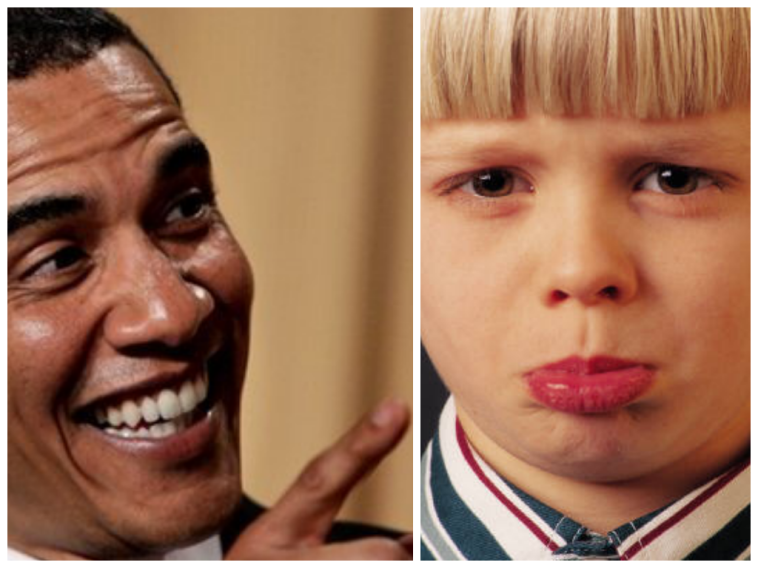My generation is poor.
Videos By Rare
Half of new college graduates are unemployed or underemployed. Student loan debt is soaring as it becomes increasingly impossible to work your way through college. We can’t afford to make big purchases like houses and cars at the same age our parents could. And when you look at the wealth gap between young and old, the picture grows even more striking:
- Between 1984 and 2009, median net worth of Americans 35 and younger shrunk by 68%, while Americans 65 and older saw a 45% gain. Young people now average just $3,600, while their grandparents average $170,000.
- Every generation did better than their children in that time period. The oldest group now has forty-seven times the net worth of the youngest.
- From 1967 to 2010, the poverty rate among young people doubled, while the elderly saw their poverty rate decline by two thirds.
- During the same time period, all generations saw some increase in median income, but those 65+ saw their earnings grow by 109% compared to under-35-year-olds’ 27%.
- Indeed, “In 1984, American breadwinners who were sixty-five and over made ten times as much as those under thirty-five. The year Obama took office, older Americans made almost forty-seven times as much as the younger generation.”
In short, the “differences in wealth between the young and older Americans [are] the greatest on record.”
The effect of Millennials’ comparative poverty is already rearing its ugly head, delaying our ability to move out of mom and dad’s house, get married, and have kids. However, it’s also seeding long-term troubles. Years of unemployment and financial dependence can have exponential results over a lifetime.
So, given all this data, you’d think our government wouldn’t make a bad situation worse by forcefully redistributing massive amounts of money from young people to old people, right?
Wrong!
This is where the problem gets serious. While we’d expect (and want!) older people to generally be better off than their younger counterparts, what’s not ok is a government-mandated transfer of wealth from a relatively poor generation to a relatively wealthy one.
And yet, that’s exactly what is happening.
While young people are struggling more than ever, taking a harder hit from the recession than our elders, Washington is busily sucking away what little prosperity Millennials have. The national debt now tops $17 trillion, or more than $55,000 per citizen.
Millennials will be paying this bill long after those who ran it up are gone.
The Affordable Care Act ultimately relies on the same redistributionist principle—taking extra money from the young and healthy and using it to subsidize the health care of our far wealthier and less healthy parents and grandparents.
All told, “more than 50 percent of federal benefits flow to the 13 percent of the population over 65”—the same segment of the population with forty-seven times young people’s income and net worth. This makes no sense.
Perhaps this shouldn’t be surprising. Esquire reports that the “111th Congress was the oldest since the end of the Second World War, and the average age of its members has been rising steadily since 1981.” The elderly are famously active voters compared to the young, so it’s no wonder they vote their generation into office to create policies for their own benefit.
But young people are increasingly aware of just how much they’re getting screwed.
Seeking to “stem the tide and reverse the trend of generational theft,” conservative-libertarian organization Young Americans for Liberty (where I am an employee), is partnering with youth activism group Generation Opportunity to highlight this issue on hundreds of college campuses nationwide this spring. The project is called “War on YOUth,” and it’s getting a record response from our national network of student activists.
As much as I’m excited to see the results of this activism project, I’d be even more excited if it weren’t necessary.
To my parents’ and grandparents’ generation: Most of you are way better off than we are or—at this rate—ever will be. No matter how hard we work, we simply don’t have the economic advantages you grew up experiencing. We don’t begrudge you those benefits, but we would like the opportunity to build the kind of success so many of you did. And we can’t do that when we’re paying hundreds upon hundreds of dollars every month to subsidize your far more ample incomes.
So cut us a break. Let us opt out of dying social programs which will never benefit us. Stop driving up college costs with federal subsidies. Don’t force us to cover your health care costs when we can’t afford to cover our own.
In other words, please just end the war on youth.

